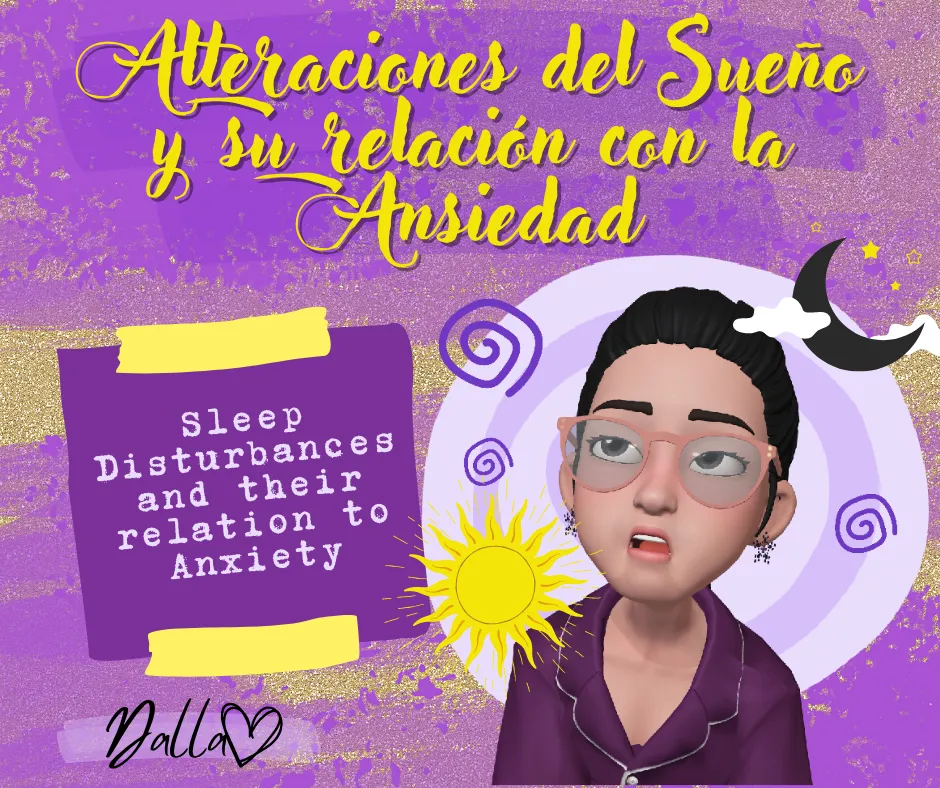
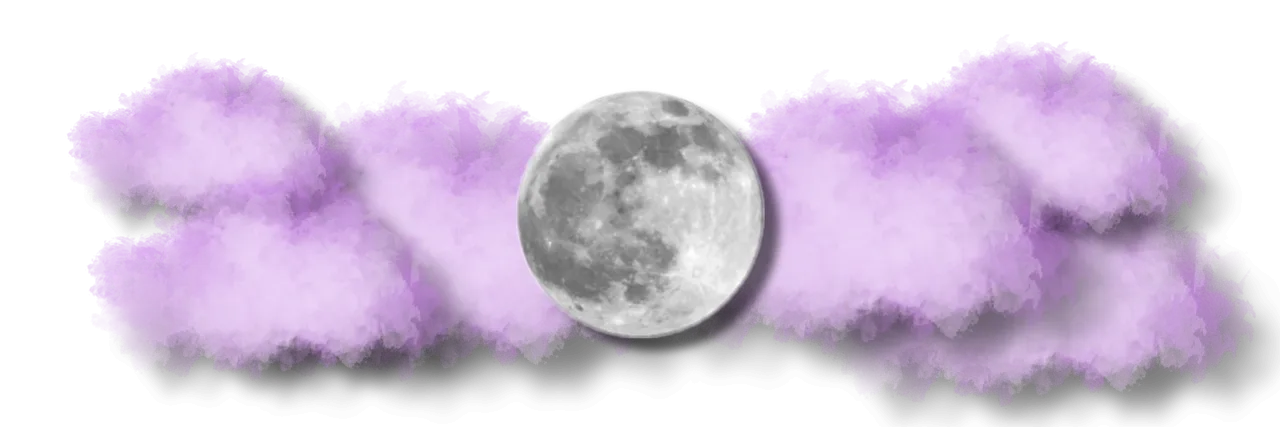
El Insomnio por sí solo es una Enfermedad bastante compleja que va a requerir un apartado solo de tratar más adelante en mi blog, pero hoy voy a hablarles de cómo las modificaciones del sueño en general, sin necesariamente tratarse del Insomnio, pueden alterar más las emociones de una persona que sufre de un Trastorno de Ansiedad.
Siempre que evalúo a algún paciente, una de las principales preguntas que les hago es si tienen problemas con el sueño, de hecho, en la Historia Clínica Geriátrica es un ítem que nunca puede faltar, ya que forma parte de lo que en la especialidad llamamos "Evaluación Geriátrica Integral" y el insomnio forma parte de "Los Grandes Síndromes Geriátricos"
Ese ítem lo dejamos solo, con un espacio bastante grande en blanco para interrogar si son correctos los Hábitos del Sueño o determinar si no son adecuados y qué tanto pueden estar afectando la salud de la persona en la actualidad o poderles causar problemas a futuro, para poder tomar medidas a tiempo.
Lo triste, en mi caso, es descubrir siempre que la frecuencia de los adultos que mejoran con los cambios en los Hábitos del Sueño, son muy pocos y es porque vienen arrastrando las alteraciones desde hace mucho tiempo y cuando solicitan mi evaluación ya trajo las consecuencias negativas emocionales y físicas que se hubieran querido evitar.
Esto que les cuento arriba es consecuencia de muchos factores, pero hay un elemento característico que sí veía en mis pacientes jóvenes antes de ser especialista y lo veo en muchas personas que me piden recomendaciones generales en mi día a día, aun cuando no son adultos mayores.
Ese elemento característico es: tratar el sueño como si fuera algo con lo que se puede jugar a conveniencia, es decir, adaptarlo a sus rutinas y modificar los horarios de su ciclo circadiano sencillamente porque lo prefieren así, sin saber realmente las consecuencias fatales que eso puede acarrear en el futuro.
Insomnia on its own is a rather complex Illness that will require a separate section to deal with later in my blog, but today I am going to talk to you about how sleep modifications in general, without necessarily dealing with Insomnia, can further alter the emotions of a person suffering from an Anxiety Disorder.
Whenever I evaluate a patient, one of the main questions I ask them is whether they have problems with sleep, in fact, in the Geriatric Clinical History is an item that can never be missing, as it is part of what in the specialty we call "Comprehensive Geriatric Evaluation" and insomnia is part of "The Great Geriatric Syndromes".
We leave that item alone, with a fairly large blank space to ask if the Sleep Habits are correct or to determine if they are not adequate and how much they may be affecting the person's health at present or may cause them problems in the future, in order to be able to take measures in time.
The sad thing, in my case, is to always discover that the frequency of adults who improve with changes in the Sleep Habits are very few and it is because they have been dragging the alterations for a long time and when they request my evaluation it has already brought the negative emotional and physical consequences that they would have liked to avoid.
What I am telling you above is a consequence of many factors, but there is a characteristic element that I did see in my young patients before becoming a specialist and I see it in many people who ask me for general recommendations in my day to day work, even when they are not older adults.
That characteristic element is: treating sleep as if it were something they can play with at their convenience, that is, adapting it to their routines and modifying the schedules of their circadian cycle simply because they prefer it that way, without really knowing the fatal consequences that this can have in the future.

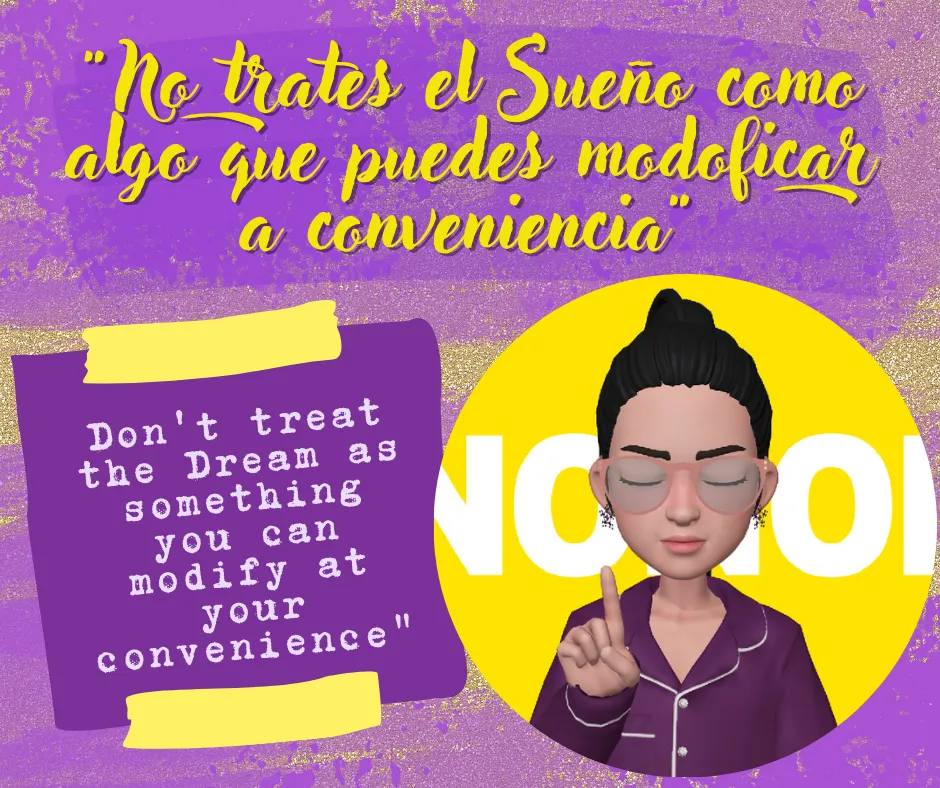

Justamente en muchos que se dedican a tener trabajos desde sus casas, sin un horario fijo, el problema se acentúa, y en muchas oportunidades veo en estas personas muchos Trastornos Emocionales, no digo que el problema inicial de todos esos trastornos sea el no dormir de forma adecuada, pero si hiciera un estudio entre todos, estoy segura de que encontraría a muchos que comenzaron así.
La Ansiedad como enfermedad es una de esas de las que les hablo, es una enfermedad compleja, algo que se va instaurando poco a poco en la vida de quien la sufre sin siquiera saber cuándo empezó, ni por qué, a menos que empiecen a ir a terapia donde hagan una introspección y por fin comprendan que fue lo que dio origen a todo el cuadro emocional.
Antes de eso muchos no la comprenden e intentan mitigar la enfermedad con alimentos, fármacos, drogas ilícitas, alcohol, cigarrillo o alguna que otra práctica que termina siempre siendo en exceso porque nunca se resuelve el problema de base, pero si se calman los síntomas por momentos, muchos de esos excesos que se tienden a realizar conllevan a alterar el ritmo del sueño, aunque muchas veces es un efecto secundario.
Personas que intentan distraerse viendo cierta información en internet, otras que buscan trabajos con horarios excesivos autoimpuestos, otras que se alimentan muy mal induciendo más al trastorno y otras que sencillamente quieren evadir realidades durante el día y prefieren vivir durante la noche porque brinda más "calma" o sencillamente no quieren socializar con nadie.
Son muchas las razones, como podrán ver, el punto es que muchos de forma indirecta tratando de mitigar su problema emocional terminan alterando su Ciclo Circadiano, traslocando completamente su producción hormonal, y por consiguiente perpetuando su trastorno emocional o, peor aún, terminando enfermándose, además, físicamente.
Lo he dicho por ahí en otros post, pero para los que no me han leído les recordaré lo siguiente: todo ser humano tiene un ciclo que regula el sueño y la vigilia, es ese del que les hablé arriba, se llama "Ciclo Circadiano", es el ciclo de producción hormonal responsable de que todos los seres humanos podamos mantenernos despiertos durante el día y dormir durante la noche.
Precisely in many who are dedicated to work from home, without a fixed schedule, the problem is accentuated, and in many opportunities I see in these people many Emotional Disorders, I do not say that the initial problem of all these disorders is not sleeping properly, but if I did a study among all, I am sure I would find many who started like that.
Anxiety as a disease is one of those I am talking about, it is a complex disease, something that is established little by little in the life of those who suffer it without even knowing when it started, or why, unless they start going to therapy where they make an introspection and finally understand what gave rise to the whole emotional picture.
Before that many do not understand it and try to mitigate the disease with food, drugs, illicit drugs, alcohol, cigarettes or some other practice that always ends up being in excess because it never solves the underlying problem, but if the symptoms are calmed at times, many of these excesses that tend to lead to alter the rhythm of sleep, although it is often a side effect.
People who try to distract themselves by watching certain information on the internet, others who seek jobs with excessive self-imposed schedules, others who eat very poorly inducing more disorder and others who simply want to avoid realities during the day and prefer to live during the night because it provides more "calm" or simply do not want to socialize with anyone.
There are many reasons, as you can see, the point is that many indirectly trying to mitigate their emotional problem end up altering their Circadian Cycle, completely translocating their hormonal production, and therefore perpetuating their emotional disorder or, even worse, ending up getting sick, in addition, physically.
I have said it in other posts, but for those who have not read me I will remind you the following: every human being has a cycle that regulates sleep and wakefulness, it is the one I talked about above, it is called "Circadian Cycle", it is the cycle of hormone production responsible for all human beings to stay awake during the day and sleep at night.

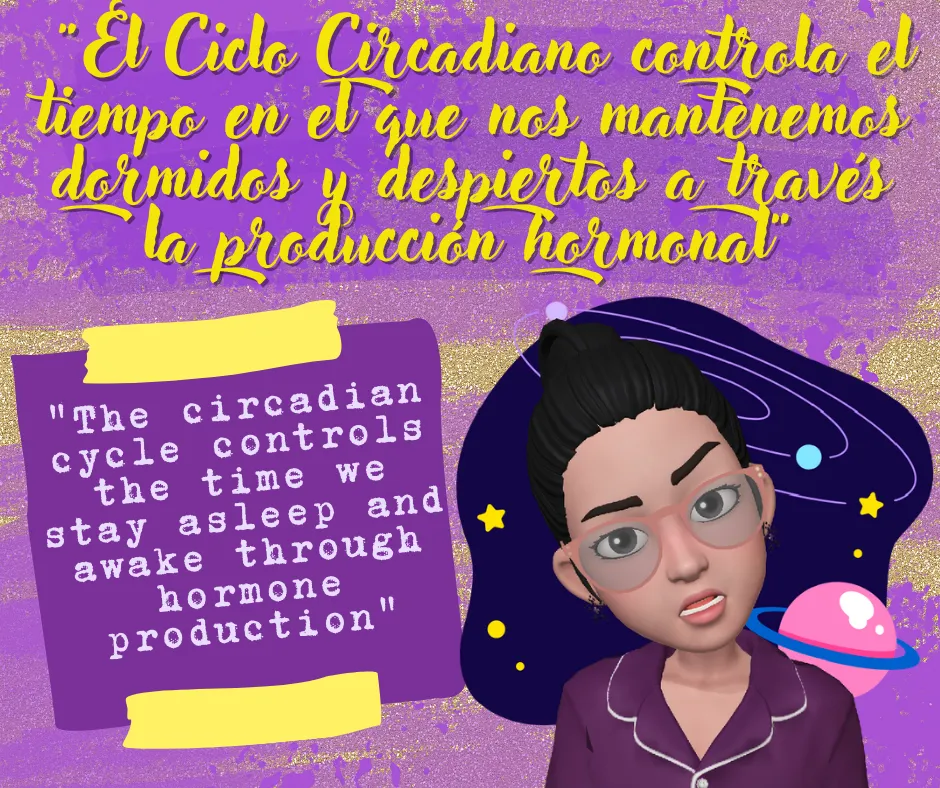

Pero deben saber algo más que muchos desconocen, no solo se trata de hormonas que controlan el ciclo de vigilia y el sueño, se trata de todo un compendio de hormonas necesarias para el buen funcionamiento de nuestro organismo como un todo, y son esas otras hormonas las que también terminan enfermando, aún más, a quien modifica a conveniencia su sueño.
No es muy difícil entenderlo, he de asumir que muchos de los que me leen saben que el dormir es una fase necesaria para la restauración de la energía en el organismo, para la restitución de tejidos, regulación de sistemas y, sobre todo, para una especie de: "Reseteo Mental", así que, por ende, deben suponer que durante ese espacio de tiempo mientras dormimos ocurren muchas cosas en nuestro organismo que nos ayudan a mantenernos vivos.
No les voy a hablar de todos los nombres de las hormonas, ni de los procesos que realiza cada una, porque esto no es una clase de neuroendocrinología, les hablaré de las principales, las que deben recordar y que ayudan a entender todo lo que les quiero explicar; ellas son las famosas: "Melatonina" y el "Cortisol"
Esas dos hormonas sirven como motores para la producción de las otras y son las alteraciones de ellas dos las que dan el inicio a la cascada fatal que les hablé al inicio cuando ocurre la perpetuación del ciclo del Trastorno Emocional, al dar origen a ellos, exacerbarlos o generar otras enfermedades físicas a partir de sus desbalances.
Hagan la prueba, consigan solo a 1 persona que diga que se siente bien emocionalmente si no duerme un horario completo durante la noche, tal vez consigan algunas, claro que sí, una persona joven que probablemente no lleve mucho tiempo poniendo en práctica esto, una que esté en periodo de negación, en desconocimiento sobre lo que siente o que lo hace conscientemente porque se siente más productiva durante los horarios nocturnos y tiene prioridades económicas.
Hagan otra prueba, pregúntense a ustedes mismos que sufren de Ansiedad si duermen bien o pregunten a alguien que conozcan que sufren de esta enfermedad, si lo hacen, confíen en mí, van a encontrar que no, es una correlación casi al 100%, se los digo por experiencia y evidencia científica súper comprobada.
But you should know something else that many do not know, it is not only about hormones that control the cycle of wakefulness and sleep, it is a whole compendium of hormones necessary for the proper functioning of our body as a whole, and it is these other hormones that also end up making sick, even more, to those who modify their sleep convenience.
It is not very difficult to understand, I have to assume that many of you who read me know that sleep is a necessary phase for the restoration of energy in the body, for the restitution of tissues, regulation of systems and, above all, for a kind of "Mental Reset", so, therefore, you must assume that during that period of time while we sleep many things happen in our body that help us to stay alive.
I am not going to talk about all the names of the hormones, nor the processes that each one performs, because this is not a neuroendocrinology class, I will talk about the main ones, the ones you should remember and that help to understand everything I want to explain; they are the famous: "Melatonin" and "Cortisol".
These two hormones serve as motors for the production of the others and it is the alterations of these two that start the fatal cascade that I talked about at the beginning when the perpetuation of the cycle of the Emotional Disorder occurs, giving rise to them, exacerbating them or generating other physical illnesses from their imbalances.
Do the test, get just 1 person who says they feel good emotionally if they do not sleep a full schedule during the night, maybe you will get some, of course, a young person who probably has not been putting this into practice for a long time, one who is in denial, in ignorance about what they feel or who does it consciously because they feel more productive during night hours and have economic priorities.
Do another test, ask yourself who suffer from Anxiety if you sleep well or ask someone you know who suffers from this disease, if you do, trust me, you will find that no, it is almost a 100% correlation, I tell you from experience and super proven scientific evidence.

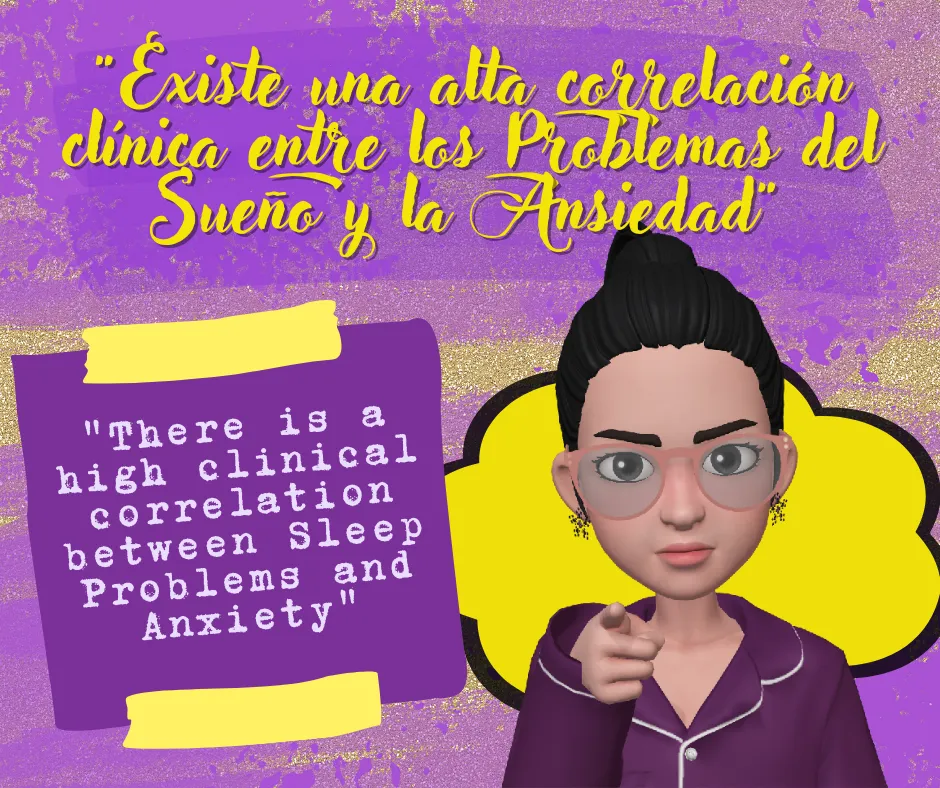

Experiencia que tiene perfecta correlación clínica porque el Cortisol, además de ser la hormona que mantiene la vigilia en el ciclo circadiano, es la hormona que permite mantenerte alerta durante el día, por lo que podemos fácilmente deducir que cualquier persona que tenga Ansiedad, debe tener muy elevados niveles de cortisol sanguíneos de forma casi continua.
El trabajo del Cortisol es contrario a la Melatonina, esta última muchos la deben conocer, es la hormona encargada de inducir el sueño. El trabajo de ambas hormonas se complementa porque trabajan de forma contraria, pero sincronizada en un individuo sin enfermedad, es decir, por ejemplo, no en una persona que sufre de un Trastorno de Ansiedad.
Como ya les dije arriba, en una persona que sufre de Ansiedad hay una elevada descarga de Cortisol durante el día, pero no les dije que termina siendo ¡tanto! que incluso le quita horas de producción a la Melatonina en esas 24 horas, ocasionando que la persona con Ansiedad tenga siempre problemas con el sueño por escasa liberación de esta hormona que induce el descanso nocturno.
¿A qué voy con todo esto que les estoy contando, que a lo mejor parece complejo o no tiene mucha significancia práctica para ustedes?* a que comprendan que esas dos hormonas deben estar en perfecto equilibrio para que no perpetuemos el ciclo del Trastorno de Ansiedad, y que, si bien hay muchas personas que hacen todo lo posible por tener buenos hábitos del sueño, otras muchas no, y si tú eres uno de estos últimos, por favor ¡Debes cambiarlos! y te recomiendo ¡que lo hagas a tiempo!
Deben entenderlo amigos ¡créanme! Es por su bien ¡no es lo mejor para ustedes! por mucho que se sienta bien tener muchas horas de productividad porque incluyes horas nocturnas para tu trabajo, por mucho que te guste la noche porque casi no hay ruido ambiental, por mucho que prefieras trabajar de noche que, durante el día, ver películas de noche, comer de noche como si fuera de día, por mucho que estés ganando mucho dinero o te sientas por ahora bien así, les aseguro que no va a durar mucho tiempo ese bienestar.
La experiencia propia, en la práctica médica y la educación médica me lo ha enseñado; Yo siempre soy honesta con ustedes, así que reconozco abiertamente que yo misma era así, siempre me ha gustado más la noche que los días, así que solo evadía toda esta información que poseía con antelación.
Pero, tristemente (para algunos como yo) no podemos escapar de nuestra naturaleza, somos organismos que dependemos de esas sustancias químicas para funcionar bien, de esas hormonas, todos nuestros procesos biológicos dependen de ellas y esa alteración que estamos teniendo ahora mismo tarde o temprano secundariamente conllevará a una desregulación de todos nuestros sistemas.
Experience that has perfect clinical correlation because Cortisol, besides being the hormone that maintains wakefulness in the circadian cycle, is the hormone that allows you to stay alert during the day, so we can easily deduce that anyone who has Anxiety, must have very high levels of blood cortisol almost continuously.
The work of Cortisol is contrary to Melatonin, the latter many should know, is the hormone in charge of inducing sleep. The work of both hormones is complementary because they work in an opposite way, but synchronized in an individual without disease, i.e., for example, not in a person suffering from an Anxiety Disorder.
As I already told you above, in a person suffering from Anxiety there is a high discharge of Cortisol during the day, but I did not tell you that it ends up being so much! that it even takes away hours of Melatonin production in those 24 hours, causing the person with Anxiety to always have problems with sleep due to a low release of this hormone that induces night rest.
What am I telling you with all this, which may seem complex or does not have much practical significance for you? to understand that these two hormones must be in perfect balance so that we do not perpetuate the cycle of Anxiety Disorder, and that, although there are many people who do everything possible to have good sleep habits, many others do not, and if you are one of the latter, please, you must change them! and I recommend that you do it in time!
You must understand my friends, believe me! It is for your own good, it is not the best for you! As much as it feels good to have many hours of productivity because you include night hours for your work, as much as you like the night because there is almost no ambient noise, as much as you prefer to work at night than during the day, watch movies at night, eat at night as if it were daytime, as much as you are earning a lot of money or feel good about it for now, I assure you that this well being will not last long.
My own experience, in medical practice and medical education has taught me this; I am always honest with you, so I openly admit that I was like this myself, I have always liked the night more than the days, so I just avoided all this information I possessed in advance.
But, sadly (for some like me) we cannot escape our nature, we are organisms that depend on those chemicals to function well, on those hormones, all our biological processes depend on them and that alteration we are having right now will sooner or later secondarily lead to a deregulation of all our systems.

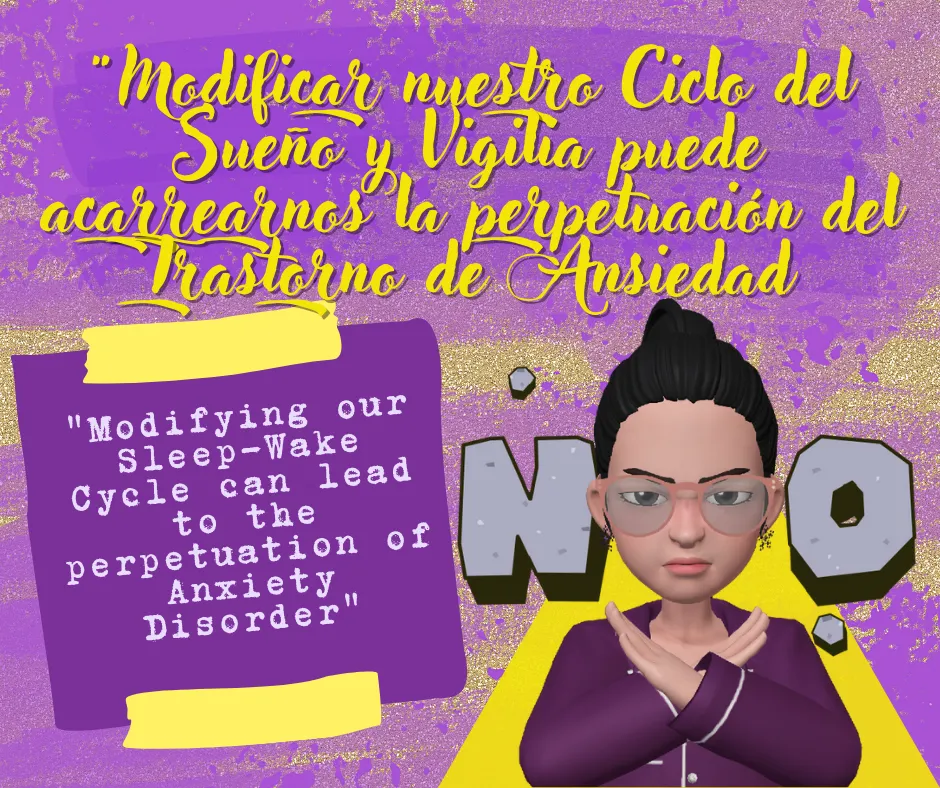

Así que créanme cuando les digo que, si continúan por ese camino, tarde o temprano, empezarán a sentirse cansados, a enfermarte con más frecuencia, a tener alteraciones del peso, a sentirte más ansiosos, a, tal vez, desarrollar otras enfermedades emocionales, y a desarrollar alteraciones cognitivas como: tener problemas de concentración, de memoria, confusión y a desarrollar poco a poco enfermedades físicas de ¡muchos tipos!
Todos sabemos que las plantas necesitan sol para mantenerse bonitas y poder llevar a cabo de forma correcta su fotosíntesis nos lo enseñan en el colegio y lo vemos en ellas mismas, como sus hojas lucen apagadas cuando no reciben suficiente agua o sol, o como sus hojas se marchitan cuando reciben ambas cosas en exceso o hasta mueren.
Así mismo somos los seres humanos, pero en un proceso ultra mega mucho más complejo, necesitamos la luz para liberar muchas sustancias químicas como el cortisol, la adrenalina, la noradrenalina, la serotonina, etc, y necesitamos la oscuridad para liberar otras más, como: la melatonina, las hormonas tiroideas, la hormona del crecimiento, las hormonas sexuales, la producción de células para nuestro sistema inmune, reparación de tejidos, etc, un ¡sin fin! de procesos.
La conclusión de todos estos amigos es que ¡no podemos escapar de nuestra naturaleza! conozco cómo funciona la mente de una persona que sufre de un Trastorno de Ansiedad, quiere alejarse del ruido, quiere estar solo, quiere enfocarse en muchas cosas para mantenerse distraído, quiere terminar todo antes de tiempo, quiere obtener cosas al instante, quiere dejar de sentir angustia constante y por eso muchas veces modifica sus horarios del sueño a su "conveniencia", pero esa medida, definitivamente ¡no es la mejor! Porque terminará perpetuando su ciclo de alteración hormonal y su Ansiedad será aún mayor cada vez más.
Así que, si no es estrictamente necesario esa alteración de tu sueño que estás llevando a cabo de forma consciente y voluntaria, como que solo puedas trabajes de noche como trabajador de seguridad, como el personal de salud que debe hacer turnos nocturnos, es decir trabajos que realmente alguien necesariamente debe realizar ¡por favor! intenta escoger uno donde priorices tus horas de sueño y descanso, sobre el trabajo.
Por ahora dejaré el post hasta aquí, y en el próximo les estaré dando algunas recomendaciones sobre cómo podemos regularizar el sueño con buenos Hábitos del Sueño como una forma de estrategia contra la Ansiedad.
So believe me when I tell you that, if you continue on this path, sooner or later, you will begin to feel tired, to get sick more often, to have weight alterations, to feel more anxious, to, perhaps, develop other emotional illnesses, and to develop cognitive alterations such as: having problems with concentration, memory, confusion and to develop little by little physical illnesses of many types!
We all know that plants need sun to stay beautiful and to be able to carry out their photosynthesis correctly. We are taught this in school and we see it in them, how their leaves look dull when they do not receive enough water or sun, or how their leaves wither when they receive both things in excess or even die.
We humans are the same way, but in an ultra mega process much more complex, we need light to release many chemicals such as cortisol, adrenaline, noradrenaline, serotonin, etc, and we need darkness to release others, such as: melatonin, thyroid hormones, growth hormone, sex hormones, cell production for our immune system, tissue repair, etc, an endless! of processes.
The conclusion of all these friends is that we cannot escape from our nature! I know how the mind of a person suffering from an Anxiety Disorder works, he wants to get away from noise, wants to be alone, wants to focus on many things to keep distracted, wants to finish everything before time, wants to get things done instantly, wants to stop feeling constant anguish and that is why many times he modifies his sleep schedule to his "convenience", but that measure is definitely not the best one! Because it will end up perpetuating your cycle of hormonal disruption and your Anxiety will become even greater and greater.
So, if it is not strictly necessary that alteration of your sleep that you are consciously and voluntarily carrying out, like you can only work at night as a security worker, like health personnel who must do night shifts, that is jobs that really someone necessarily must perform please! try to choose one where you prioritize your hours of sleep and rest, over work.
For now I will leave the post until here, and in the next one I will be giving you some recommendations on how we can regularize our sleep with good Sleep Habits as a form of strategy against Anxiety.

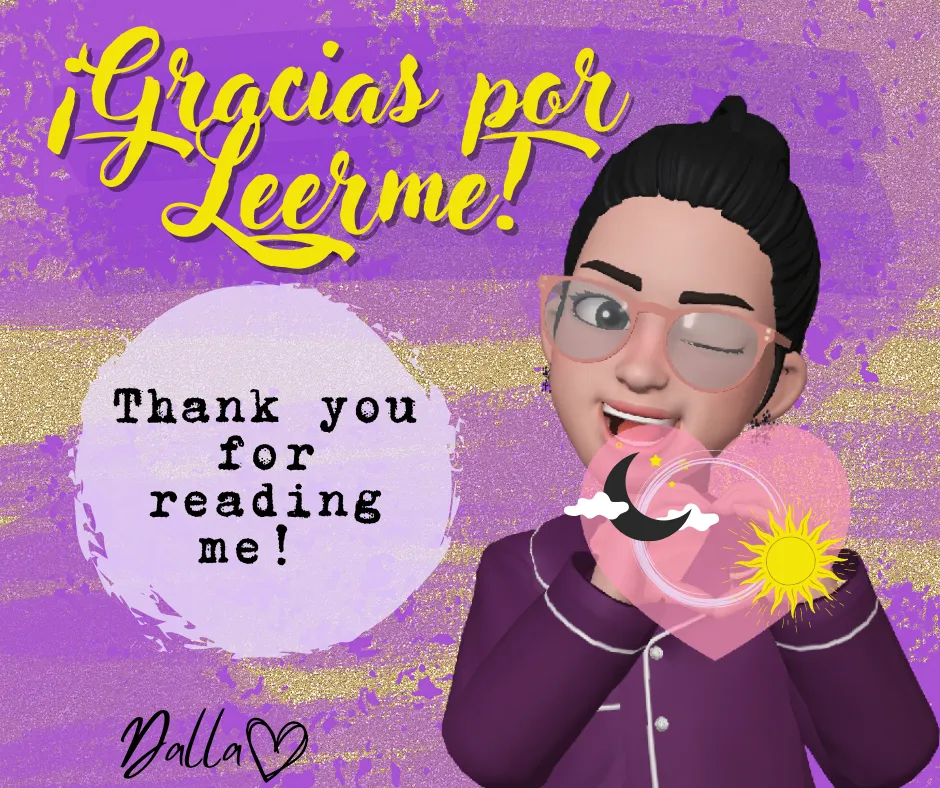

Thanks for stopping by and reading me!

Todos los banners fueron creados por @liveofdalla usando Canvas y Picsart con recursos gratuitos de ambas Apps.
(Eng) All the banners were created by @liveofdalla using Canvas and Picsart with free resources from both Apps.
DeepL
